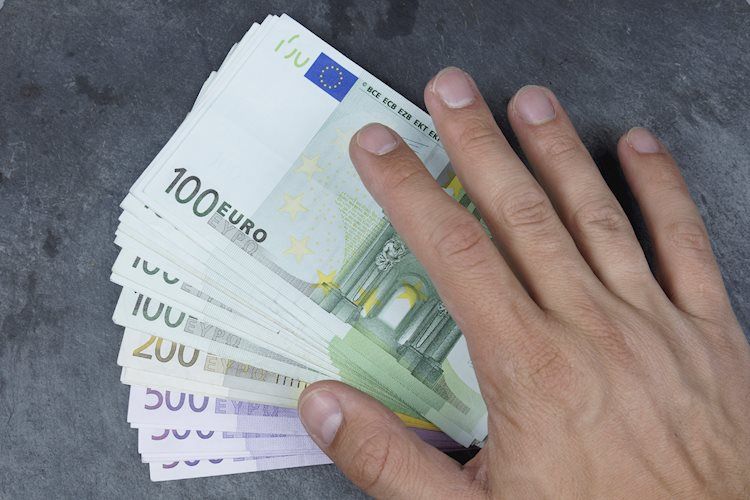- The Euro extends the consolidative theme against the US Dollar.
- European stocks open Friday’s session in a mixed tone.
- Final Q3 GDP figures in Germany kept the gloomy prospects.
The Euro gains further momentum against the US Dollar, prompting EUR/USD to build on Thursday’s gains beyond 1.0900 at the end of the week.
On the other hand, the Greenback appears mildly offered around 103.60 according to the USD Index (DXY), a region also coincident with the critical 200-day SMA.
In the meantime, volatility is expected to remain at low levels following the US Thanksgiving Day holiday on Thursday and Friday’s shortened trading session.
The US Dollar has managed to rebound earlier in the week despite the prevailing expectation of a potential interest rate cut by the Federal Reserve (Fed) at some point in the spring of 2024. This view remains well supported by persistent disinflationary pressures and the ongoing easing of the labour market.
On the European docket, final GDP Growth Rate figures showed the German economy shrank 0.1% QoQ and 0.4% over the last twelve months. Still in Germany, the Business Climate index improved to 87.3 in November, according to the IFO institute.
Later in the session, European Central Bank’s (ECB) President Christine Lagarde and Vice-President Luis De Guindos are due to speak.
Across the pond, preliminary Manufacturing and Services PMIs will be the sole release on Friday.
Daily digest market movers: Euro maintains buying pressure above 1.0900
- The EUR adds to recent gains against the USD.
- US and German yields edge higher early on Friday.
- Investors are still assessing the Fed’s rate reduction in 2024.
- Markets believe the ECB will keep its policy unchanged until early next year.
- Business Climate in Germany improves a tad in November.
- BoE’s Huw Pill argued that economic activity and job growth are softening.
Technical Analysis: Euro shifts attention to 1.0965
EUR/USD maintains the slightly bid bias above the 1.0900 hurdle at the end of the week.
The November high of 1.0965 (November 21) represents the immediate target for bulls ahead of the key 1.1000 threshold. Further north, EUR/USD may encounter resistance at the August top of 1.1064 (August 10) and another weekly peak of 1.1149 (July 27), both preceding the 2023 high of 1.1275 (July 18).
Meanwhile, any corrective declines should find first support at the major 200-day Simple Moving Average (SMA) at 1.0809, followed by the temporary 55-day SMA at 1.0658. The weekly low of 1.0495 (October 13) aligns just below here, before the 2023 low of 1.0448 (October 3).
Overall, the pair’s prospects should remain positive as long as it remains above the 200-day SMA.
Euro FAQs
The Euro is the currency for the 20 European Union countries that belong to the Eurozone. It is the second most heavily traded currency in the world behind the US Dollar. In 2022, it accounted for 31% of all foreign exchange transactions, with an average daily turnover of over $2.2 trillion a day.
EUR/USD is the most heavily traded currency pair in the world, accounting for an estimated 30% off all transactions, followed by EUR/JPY (4%), EUR/GBP (3%) and EUR/AUD (2%).
…
